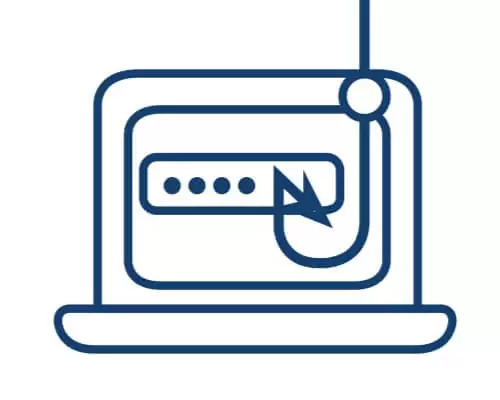Have you ever wondered about how to prevent bitcoin from hackers? Bitcoin is a decentralized electronic currency that has recently gained immense recognition. With the increasing use of bitcoins, the threat of hackers targeting money has also risen. Hackers can steal bitcoins by compromising private keys, exploiting software vulnerabilities, and engaging in phishing scams.

This guide will cover some critical steps to prevent bitcoins from hackers. Learn how to protect your bitcoins from hackers with the advanced security measures Bitcoin Era Official Website 2023 provides.
Quick Overlook
Secure Your Private Keys to Prevent Bitcoin from Hackers
Securing your private keys is one of the most critical steps in protecting your bitcoins. Private keys are exclusive codes that grant you access to your bitcoins and must be protected as confidential information. If a hacker were to obtain your private keys, they could steal your bitcoins. There are multiple strategies for securing your private keys, including:
Use a Hardware Wallet
Hardware wallets are physical storage solutions for your secret keys, offering offline protection from potential cyberattacks. Two well-known hardware wallet options in the market are Ledger and Trezor.
Store your keys offline
You can also store your private keys on a USB drive or a piece of paper and keep them in a safe place. This method is known as “cold storage” and is considered one of the most secure ways to store your private keys.
Use Encryption to Prevent Bitcoin from Hackers
Encrypting your private keys with a strong password is another way to protect them from hackers. In this manner, should a hacker acquire your secret keys, they need the required password.
Beware of Phishing Attempts
Phishing is a prevalent tactic utilized by cybercriminals to obtain bitcoins illegally. In a phishing scam, a hacker creates a fake website that looks legitimate, such as a cryptocurrency exchange. To protect yourself from phishing scams, always make sure to check the URL of a website before entering your information. Look for the “https” in the URL and a green padlock symbol in the address bar, indicating a secure connection.
Use a Reputable Bitcoin Exchange to Prevent Bitcoin from Hackers
When buying or selling bitcoins, it is essential to use a reputable bitcoin exchange. A trustworthy trading platform will implement robust security protocols to secure your bitcoins, including encryption and two-step verification. However, not all exchanges are created equal, and some have been hacked in the past, resulting in the loss of bitcoins. Before choosing a business, research and look for one with a proven security track record.
Use a Bitcoin Wallet with Good Security Features
A bitcoin wallet is software that facilitates the storage, receipt, and transfer of bitcoins. When selecting a wallet, security features must be taken into careful consideration. Some wallets have better security features than others, such as encryption, two-factor authentication, and the ability to set up a password. It would help if you also considered whether the wallet allows you to control your private keys, as this will give you more control over your bitcoins and increase security.
Back-Up Your Bitcoins Regularly
Backing up your bitcoins regularly is another crucial step in protecting your bitcoins. By backing up your bitcoins, you can ensure that you will still have access to them, even if your computer is lost or stolen. There are several methods for backing up bitcoins, including backing up your private keys, storing them on a USB drive, or using a paper wallet.
Keep Your Computer and Mobile Devices Secure
Your computer and mobile devices are vulnerable to malware and viruses that can steal your bitcoins. You should also avoid downloading suspicious files and email attachments and never enter your private keys on websites you do not trust.
Be Careful When Sharing Personal Information to Prevent Bitcoin from Hackers
Finally, be careful when sharing personal information, such as your email address or phone number. Always be cautious of unsolicited emails and phone calls, and never share your private keys with anyone.
Conclusion
This guide provides a roadmap for safeguarding your bitcoins from cybercriminals by adhering to its steps. Remember to secure your private keys, update your software regularly, use two-factor authentication, and be cautious of phishing scams. By taking these precautions, you can keep your bitcoins safe and enjoy the benefits of this decentralized digital currency.